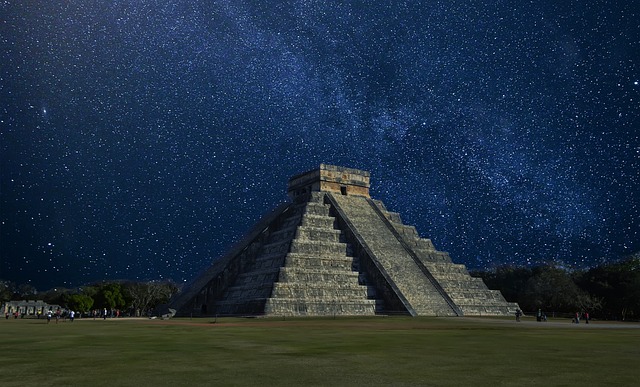Contents
Embargoes: When Nations Play the “No Trading” Game
Imagine a world where countries couldn’t trade with each other. No more delicious coffee from Brazil, no cool gadgets from Japan, and no fancy cars from Germany! That’s what happens when there’s an embargo. An embargo is a special rule that one country makes to stop or limit trade with another country.
Embargoes in History
Throughout history, there have been some pretty famous embargoes. One of the most well-known happened in the 1800s, when the United States and other countries put an embargo on the Confederate States of America during the American Civil War. It was like a giant “Do Not Trade” sign! The embargo made it really hard for the Confederacy to get the supplies they needed, which helped the Union win the war.
Another famous embargo happened more recently, when the United States and other countries began an embargo on Iran in the 1990s. This was because Iran was developing nuclear technology that could potentially be used to make weapons. The embargo made it difficult for Iran to trade with other countries, which put a lot of pressure on their economy.
Superpower Showdowns
Embargoes can often be a tool used by superpowers to pressure other countries into changing their behavior. For example, the United States has used embargoes against Cuba and North Korea in an attempt to get them to give up their communist governments. Russia has also used embargoes against Ukraine as a way to show its disapproval of their actions.
When Embargoes Backfire
Sometimes, embargoes can actually do more harm than good. They can lead to shortages of essential supplies, increase prices, and cause a lot of economic hardship. For example, the embargo on Iraq in the 1990s led to a humanitarian crisis, as people couldn’t get access to basic necessities like food and medicine.
Lifting Embargoes
Embargoes can be lifted if the countries involved agree to certain conditions. For example, the embargo on Iran was lifted in 2015 after Iran agreed to scale back its nuclear program. However, the embargo on Cuba is still in place, even though it’s been criticized by many people around the world.
Embargoes Today
Even today, embargoes are still used by countries as a way to put pressure on each other. For example, the United States has an embargo on Venezuela because of its political and economic situation. The European Union has an embargo on Russia because of its annexation of Crimea.
Expansive Summary
Embargoes are a serious diplomatic tool that can have a profound impact on the economies and political landscapes of the countries involved. They can be used to punish countries for their actions, pressure them to change their behavior, or to protect national security interests. However, embargoes can also have unintended consequences, such as causing economic hardship and humanitarian crises. As a result, they should be used only as a last resort and with careful consideration of their potential consequences.
